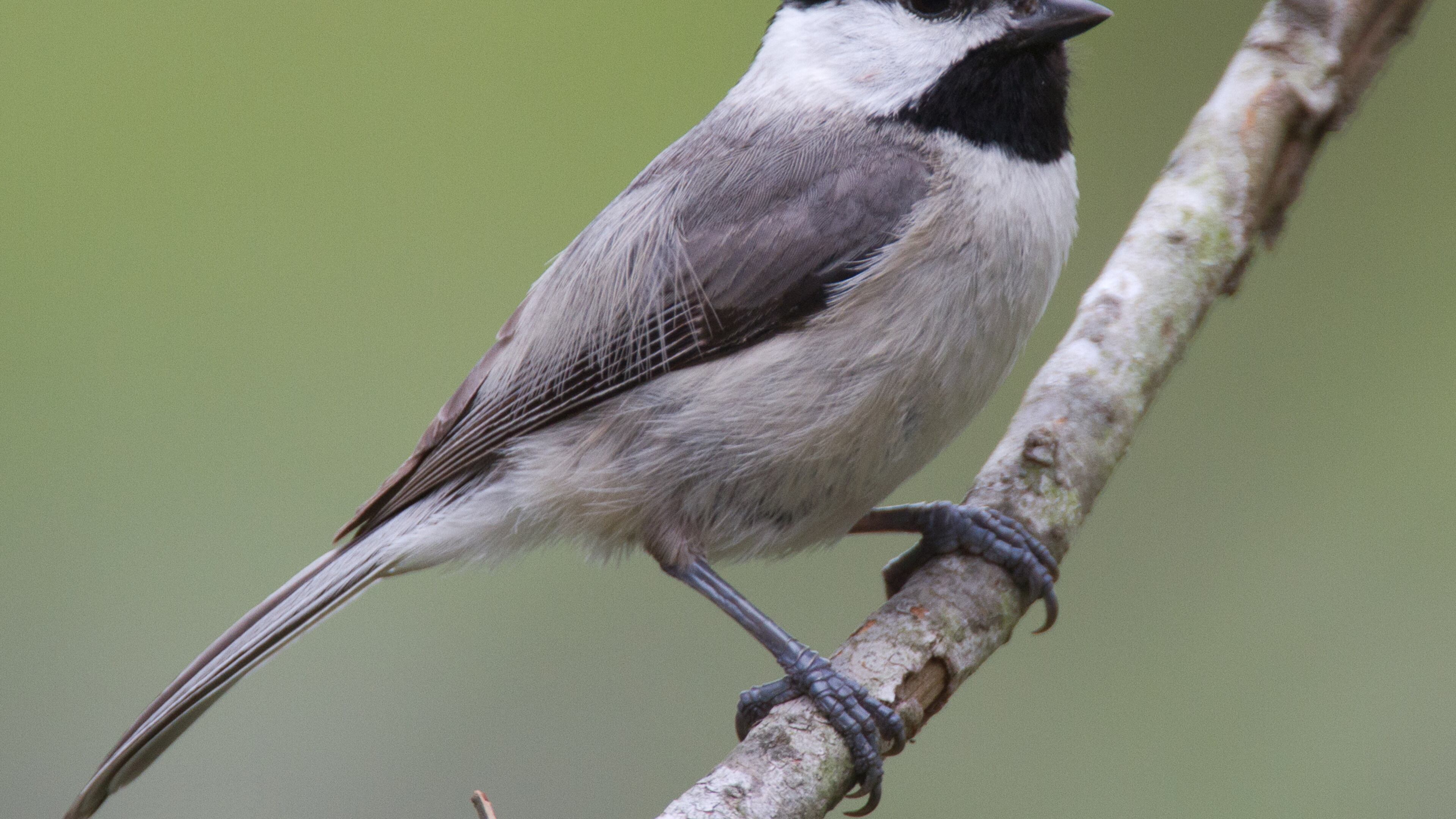WILD GEORGIA: Why some birds migrate and others don’t

All 54 Neotropical bird species that nested in Georgia during the summer — warblers, vireos, tanagers, thrushes and such — have migrated by now to tropical Latin America and the Caribbean for the winter.
Another 30 or so migratory species that nested up north may travel only as far south as Georgia and spend the winter here — kinglets, yellow-rumped warblers, yellow-bellied sapsuckers, cedar waxwings, sparrow species and others.
Some species aren’t migrating at all — cardinals, mockingbirds, bluebirds, Carolina wrens, chickadees, titmice, blue jays and the like. They’re Georgia’s permanent resident birds that inhabit or visit our backyards and neighborhoods during all seasons of the year.
So, why do some birds migrate and others don’t? What are the advantages of flying south in winter (and north in spring) as opposed to staying put in one area throughout the year?
Birds, of course, don’t consciously choose to migrate. Migration itself is an inherent, instinctive behavior. It is, however, a perilous undertaking, requiring tremendous expenditures of energy and fraught with dangers such as predators, storms and artificial lights.
Going the distance, though, has its benefits. The tropics offer milder climates and more reliable food sources. (When it’s winter in North America, it’s summer in South America.)
Birds that don’t migrate avoid the stress of migration, but they may face harsher weather and food scarcities in winter. Most permanent resident birds in Georgia have adapted features such as extra layers of down to survive freezing temperatures. Many of them also switch to a more varied wintertime diet that includes seeds, berries, nuts and whatever insects are available.
One other distinct advantage for nonmigratory birds: They have more time in summer to raise babies, producing as many as three or even four clutches in a season.
IN THE SKY: From David Dundee, Tellus Science Museum astronomer: The North Taurid meteor shower peaks at about 15 meteors per hour on Wednesday night. Best viewing: In the eastern sky from about midnight until dawn. The moon is last quarter on Saturday (Nov. 7). Mercury is low in the east around sunrise. Venus, low in the east, rises about an hour before sunrise and will appear near the moon on Friday morning (Nov. 13). Mars rises in the east just before dark. Jupiter and Saturn are low in the southwest after dark.

